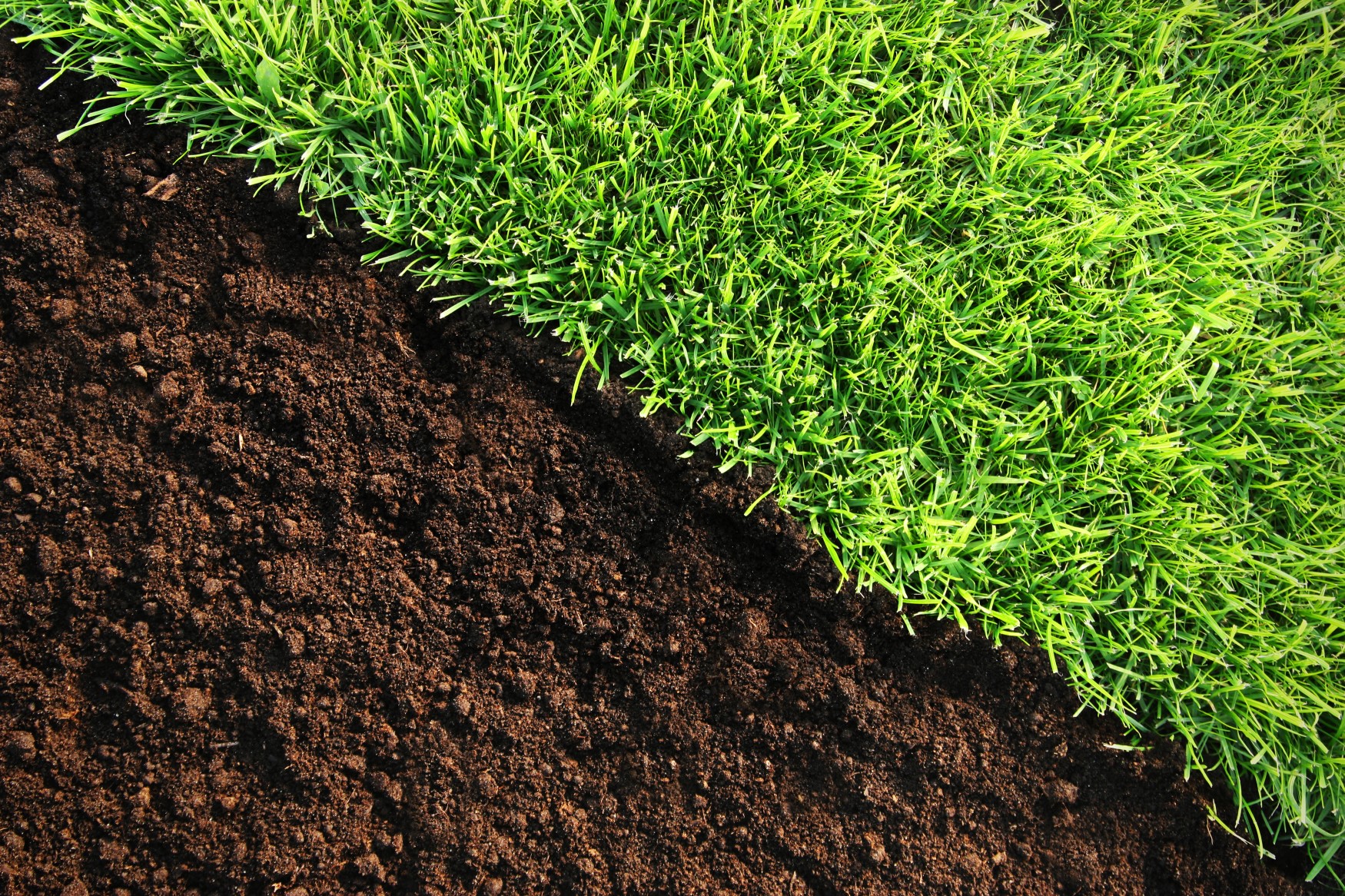
A beautiful and healthy lawn is good for our environment. It can resist damage from weeds, disease, and insect pests. Pesticides can be effective, but need to be used according to the directions on the label and should not be relied on as a quick-fix to lawn problems.
Here are some tips to follow:
- Develop healthy soil. Make sure your soil has the right pH balance, key nutrients, and good texture. You can buy easy-to-use soil analysis kits at hardware stores or contact your local County Cooperative Extension Service for a soil analysis.
- Choose the right grass for your climate. If your area gets very little rain, don’t plant a type of grass that needs a lot of water. Select grass seed that is well suited to your climate and other growing conditions such as the amount of sunlight and rain your lawn receives. Over-seed your lawn each Fall by spreading seeds on top of the lawn. A thicker lawn helps to crowd out weeds. Your local County Extension Service can advise you on which grasses grow best in your area.
- Longer is Better. Make sure the lawn mower blades are sharp. Grass that is slightly long makes a strong, healthy lawn with few pest problems. Weeds have a hard time taking root and growing when grass is around 2½ to 3½ inches for most types of grass.
- Water Early. It is time to water if footprint impressions stay in the lawn and do not spring back. Water early in the morning and only for short periods for time so the soil may absorb the water. Longer grass has stronger roots and retains water better.
- Correct thatch buildup. Thatch is a layer of dead plant materials between the grass blades and the soil. When thatch gets too thick, deeper than 3/4 of an inch, water and nutrients are prevented from getting into the soil and reaching the roots of the grass. Overusing synthetic fertilizer can create heavy layer of thatch, and some kinds of grass are prone to thatch buildup.
- Recycle grass. Don’t pick up the grass clippings after you mow. Clippings will return nutrients and moisture to the soil. Consider buying a mulching lawn mower. This will cut the grass clippings finer and blow them into the lawn.
- Let your lawn breathe. Once a year, remove small plugs of earth to allow air and water to aerate the grass roots.
- Invite a few weeds and insects into you garden. Think of you lawn as a small piece of nature where pests have their place. Often, nature provides its own pest control in the form of birds or other insects that feed on the insects we consider nuisances.
- Use manual tools. Tools that don’t require electric or gasoline engines are especially handy for small yards or small jobs. There are hand tools available that will meet a wide variety of lawn and garden needs, like lightweight, quiet, easy-to-use reel push mowers that generate no emissions.
Do you use pressure-treated lumber on your deck, fence, post or gazebo? Learn about CCA (chromated copper arsenate), a wood preservative that contains arsenic, and learn about alternatives to CCA.
Using and Storing Gasoline In the summer, lots of portable containers are used to store and transport fuels for lawnmowers, chainsaws and recreational vehicles. These portable containers can emit hydrocarbons; in addition, spills can leak into ground water. Here are some tips to follow to reduce these concerns:
- Use Proper Containers Use only containers approved by a nationally recognized testing lab, such as Underwriters Laboratories (UL). Containers should be fitted with a spout to allow pouring without spilling and to minimize the generation of vapors. Always open and use gasoline containers in a well-ventilated area away from children and animals.
- Fill Cautiously Fuel equipment on a hard surface such as concrete or asphalt and use a funnel and/or spout to prevent spilling or splashing when fueling lawn and recreational equipment and always fuel outside where there is adequate ventilation to disperse the vapors
- Store Carefully Store as little gasoline as possible and be certain to keep your gasoline container properly sealed. Store the gasoline in a cool, dry place and never in direct sunlight. Store at ground level to minimize the danger of falling and spilling. Do not store gasoline in a car trunk. There is a threat of explosion from heat and impact. Do not store gasoline in your basement.
- Avoid Spills Avoid spilling gasoline on the ground, especially near wells. If a small spill occurs use kitty litter, saw dust or an absorbent towel to soak up the spill, then dispose of it properly.
- Dispose Properly Do not dispose of gasoline down the drain, into surface water, onto the ground, or in the trash. You should check with your town concerning using your local household hazardous waste collection for safe disposal of excess or old gasoline.
Visit the EPA‘s website for more tips!